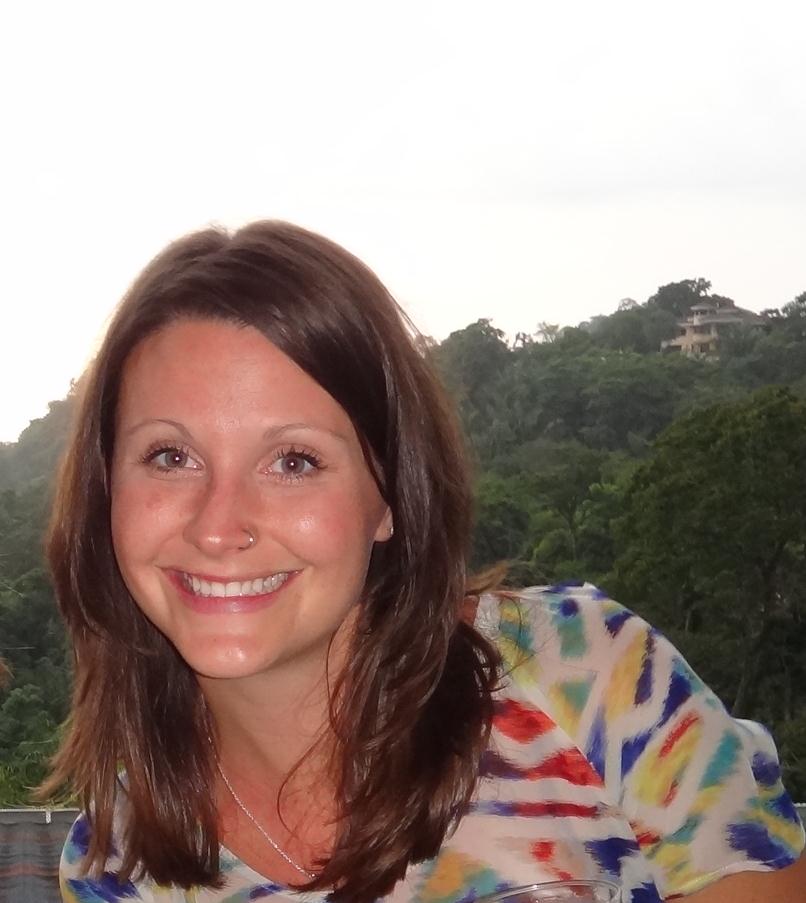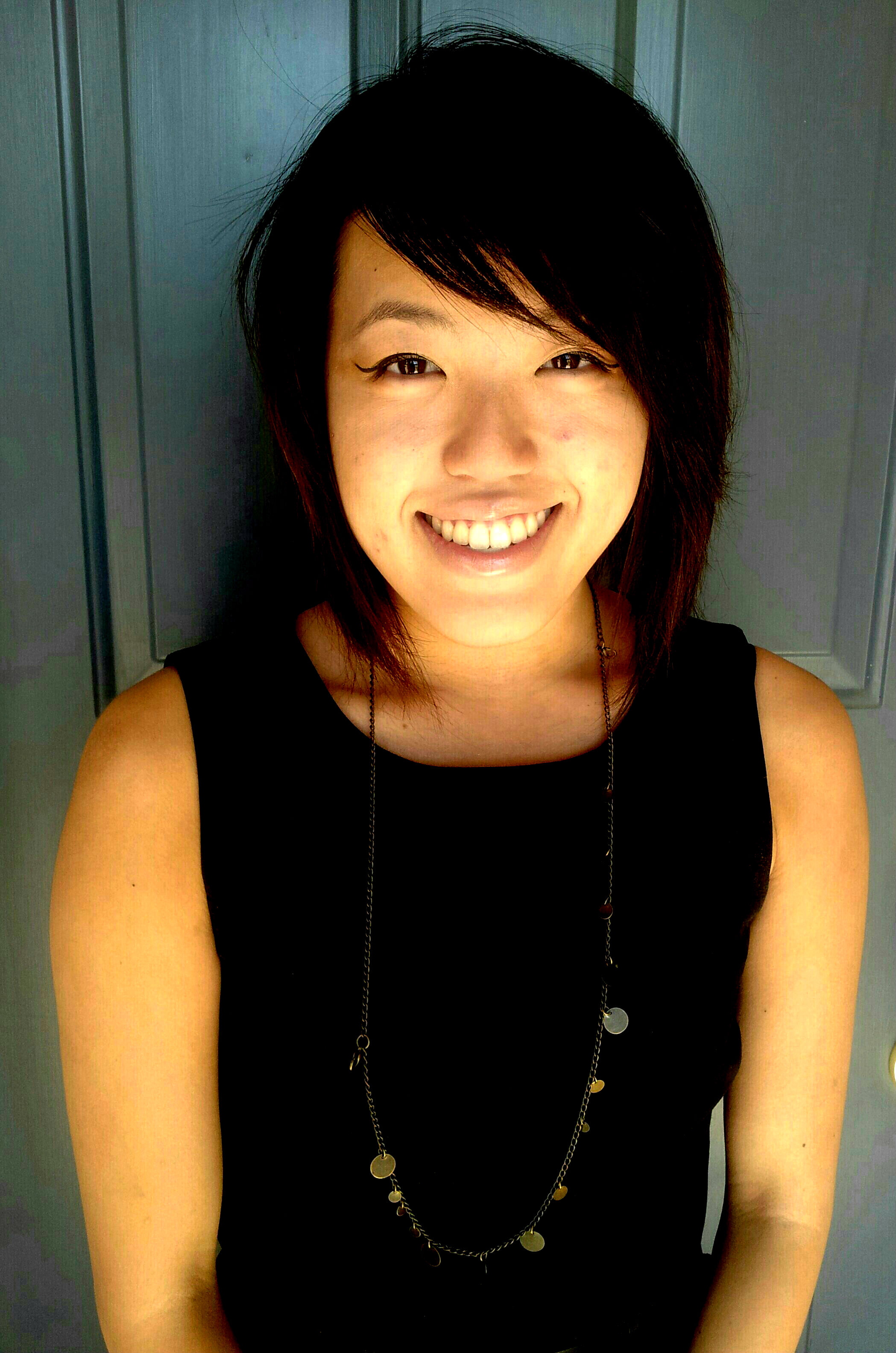Womensuffrage.org - A Conversation
 Tuesday, November 27, 2012 at 04:13PM
Tuesday, November 27, 2012 at 04:13PM  Grace Lore, PHD student UBC
Grace Lore, PHD student UBC
By Grace Lore, PhD Student & Research Assistant and Editor with womensuffrage.org
Canadians value equality, democracy, and fairness, or so they say. In fact, our constitution proves it, Section 15 of the Charter of Rights outlaws discrimination on the basis of sex (for one) and Section 25 guarantees all rights apply equally to men and women. But women still make up less than 25% of all politicians in Canada – so what’s the deal?
As a PhD student at the University of British Columbia studying politics, I am interested in the causes and consequences of the under-representation of women. What are the barriers to women’s participation? What are the consequences of the limited voice women have in the decision-making process? Perhaps most importantly, what can we do about these failures?
Like Dancing with the Octopus, I believe that one thing we can do is start talking about it! Information is powerful. By coming together we can increase our voice and imagine exciting solutions. This has been one of the important motivations behind the establishment of womensuffrage.org. This website encourages a discussion on the democratic deficit, activism, and issues of race and sexuality in politics. Posts explore and celebrate key players in suffrage and other movements of social justice, discuss key debates, and provide important information on dates and women’s representation around the world. Womensuffrage.org has given me the opportunity to share my academic research and participate in this important discussion with others who also care about the democratic deficit. For example, you can check out my post on the representation of women’s issues by women in western Canadian provinces or my discussion of the good, the bad, and the ugly of gender quotas in elections. If you’re interested in learning more about the women in politics in Canada and internationally, womensuffrage.org has information and profiles on Kim Campbell, Nellie McClung, Diane Kelly (first woman ever elected Grand Chief of the Grand Council of Treaty #3), Aung Saan Suu Kyi, Malala Yousufza and more.
Are you interested in participating in the discussion? Visit womensuffrage.org and while you are there take a look at the submission guidelines. It is by informing ourselves, learning from each other, and participating in the discussion on women in politics in Canada that we can begin to make a difference.



